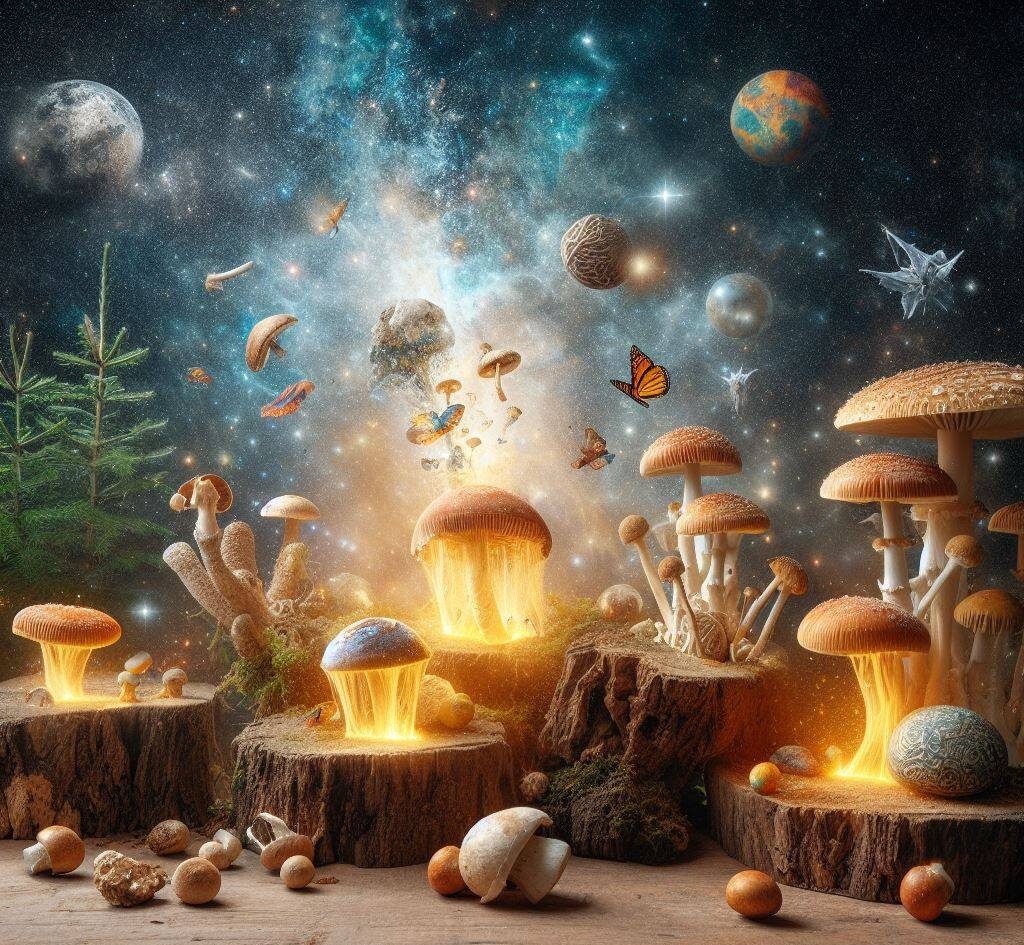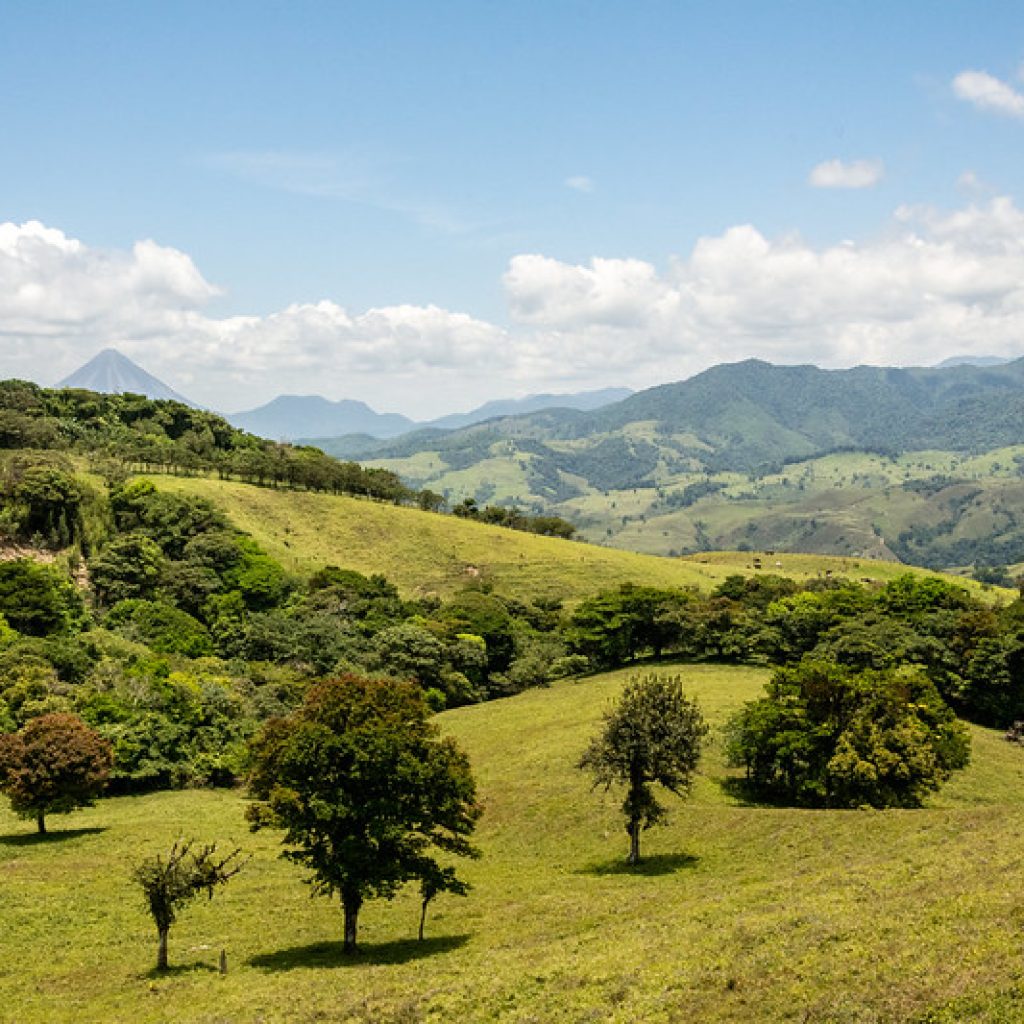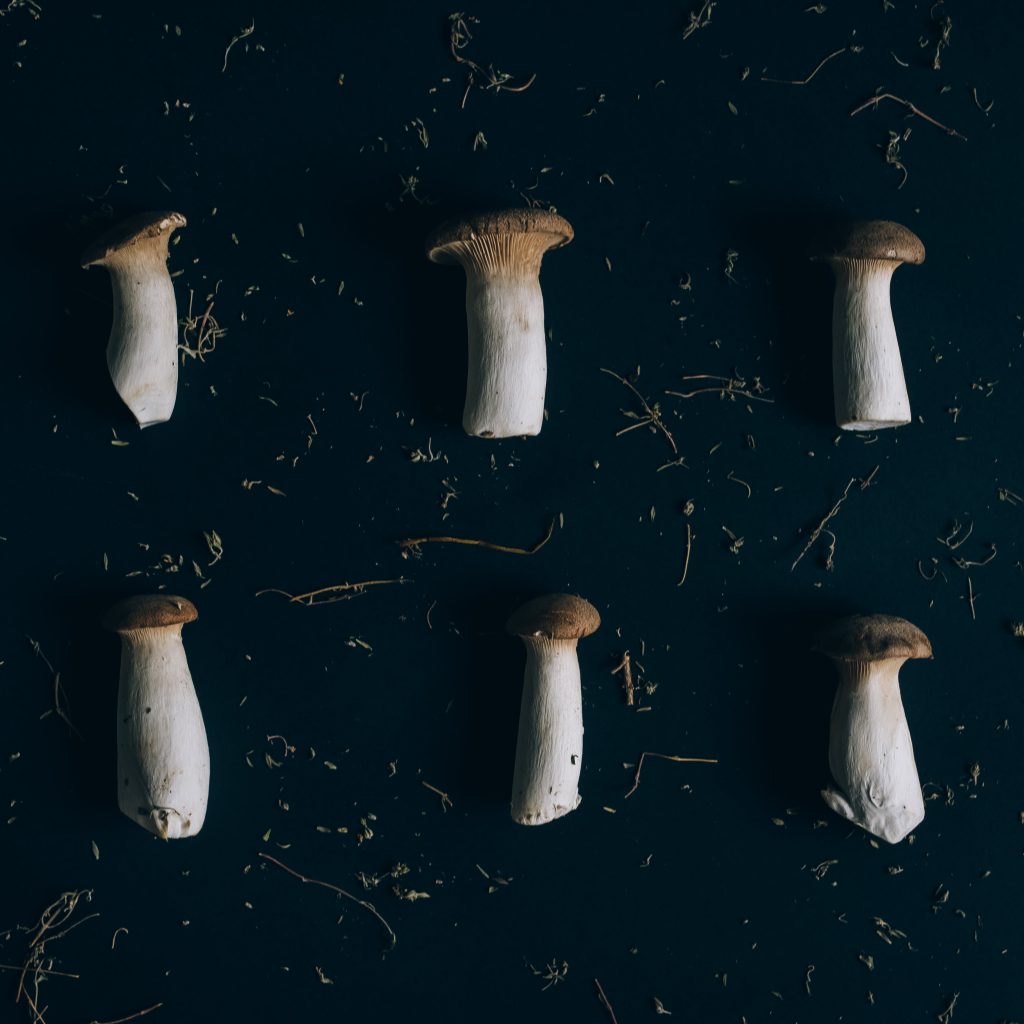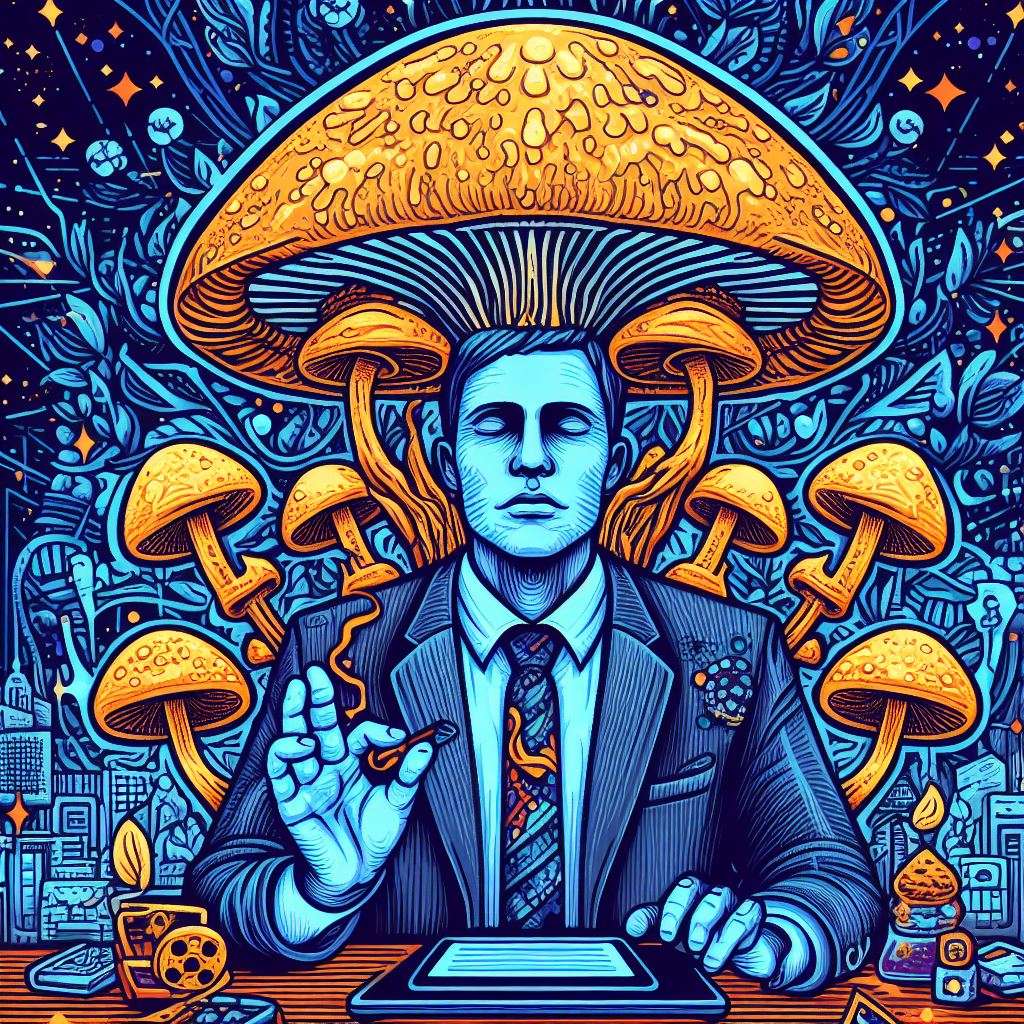Magic mushroom trips have been getting a lot of attention in the media and in present research. Understanding the significance and the effects of psilocybin, the hallucinogenic substance present in these mushrooms, on several aspects of our daily lives can be helpful as we go through the complex challenges surrounding it.
Magic mushrooms — fungi that contain psilocybin — have an extended history of use in shamanic ceremonies and rituals. But the interest in these mushrooms now goes over cultural contexts. Recent scientific studies are investigating psilocybin’s potential for therapy, demonstrating an important shift in current understanding of mental health therapies.
The article will look at the complex subject of magic mushroom trips, looking into the most recent studies as well as the legal, cultural, and social factors that shape psilocybin use.
Psilocybin as a Treatment
Psilocybin has been placed under careful review in the field of mental health therapy in recent years. Understanding as well as managing many different kinds of psychological disorders have become easier as a result of research on the impact of this organic psychedelic substance.
Research studies on the success rate of psilocybin in treating conditions including depression, anxiety, and post-traumatic stress disorder (PTSD) have been conducted by experts all around across the globe. Based on initial research, substantial and persistent shifts in mood and cognition may be achieved by just one, properly administered psilocybin dosage.
The Washington Post published an article about the effects of psilocybin on the brain. The article reveals how the substance works with neuronal networks, possibly improving neuroplasticity—the brain’s ability to organize itself and produce new connections. These findings call into question conventional ideas of mental health treatment, pointing to a new alternative that deserves more research.
Legal Landscape
Given how legalization laws vary widely over the globe, it can be challenging to determine the legal status of magic mushrooms as a whole and psilocybin in specifically. The legal framework surrounding psilocybin demonstrates a wide variety of perspectives and approaches, from absolute ban to complex regulation frameworks.
Psilocybin-containing mushrooms have been banned from being cultivated, possessed, or sold in most countries as they are considered prohibited drugs. Authorities often enforce strong regulations by pointing to worries about abuse and adverse effects. Jamaica is an unique case within the global legal landscape regarding magic mushrooms. While many countries have strong regulations, Jamaica has settled on a distinctive strategy where psilocybin mushrooms are not illegal. This approach has sparked discussion about its potential effect on tourism as well as the larger implications for drug policy.
Growing and Consuming Magic Mushrooms
A complicated relationship between tradition, legality, and shifting perspectives may be seen when exploring the cultural and legal landscape of magic mushroom cultivation and use in Jamaica. There is a specific cultural aspect in Jamaica because of the country’s unique legal position, which allows the possession and usage of psilocybin-containing mushrooms.
Magic mushroom cultivation and use have a long history in traditional practices and spiritual rituals in Jamaica. Discussions regarding the upholding of historical significance and its possible economic impact have been raised by the resurgence of these customs, which has been made possible by the recent decriminalization. But as with any controlled substance, there are risks and factors to take into account about while cultivating and consuming magic mushrooms in an unsupervised way. The connection between tradition and present practices requires establishing a balance between cultural freedom and appropriate use.
Future of Psilocybin Therapy
As we look at the future of psilocybin therapy, an engaging narrative develops in the context of evolving regulatory environments and a growing understanding of its therapeutic potential. Leading the way are changes to regulations, as a growing number of governments are reconsidering their perspectives on psychedelic drugs. The licensing of psilocybin as a mental health therapy method may represent a paradigm shift that poses challenges to established practices in the field of mental health treatment. Government-certified programmes have emerged as an important component of psilocybin therapy’s future. The goal of these programmes is to create coordinated environments that prioritizes safety, effectiveness, and supervision by experts while administering psychedelics in therapeutic contexts.
Conclusion
To put it all up, our looking into the convoluted subject of magic mushroom experiences and the therapeutic benefits of psilocybin reveals a delicate interaction between science, culture, and legality. Understanding psilocybin’s effects demands a balanced approach because the research on its impacts on mental health continues to be evolving and presents both potential and challenges. The legal environment highlights the differences in attitudes on psychedelics all throughout the world, particularly in Jamaica. This highlights considerations about the potential cultural and economic impacts.
Psilocybin therapy seems to be about to go through a transition in the future due to continuing research and regulatory shifts. Government-certified programs suggest a more organized incorporation into mental health services, bringing with them potential and difficulties that require careful consideration. It is imperative that people use psilocybin therapy professionally and consciously because of the ethical implications of the treatment as well as its wider social effects.






1 Comment
[…] purpose of these retreats is to provide a structured space for individuals to safely experience the effects of magic mushrooms under the guidance of experienced facilitators. The controlled […]